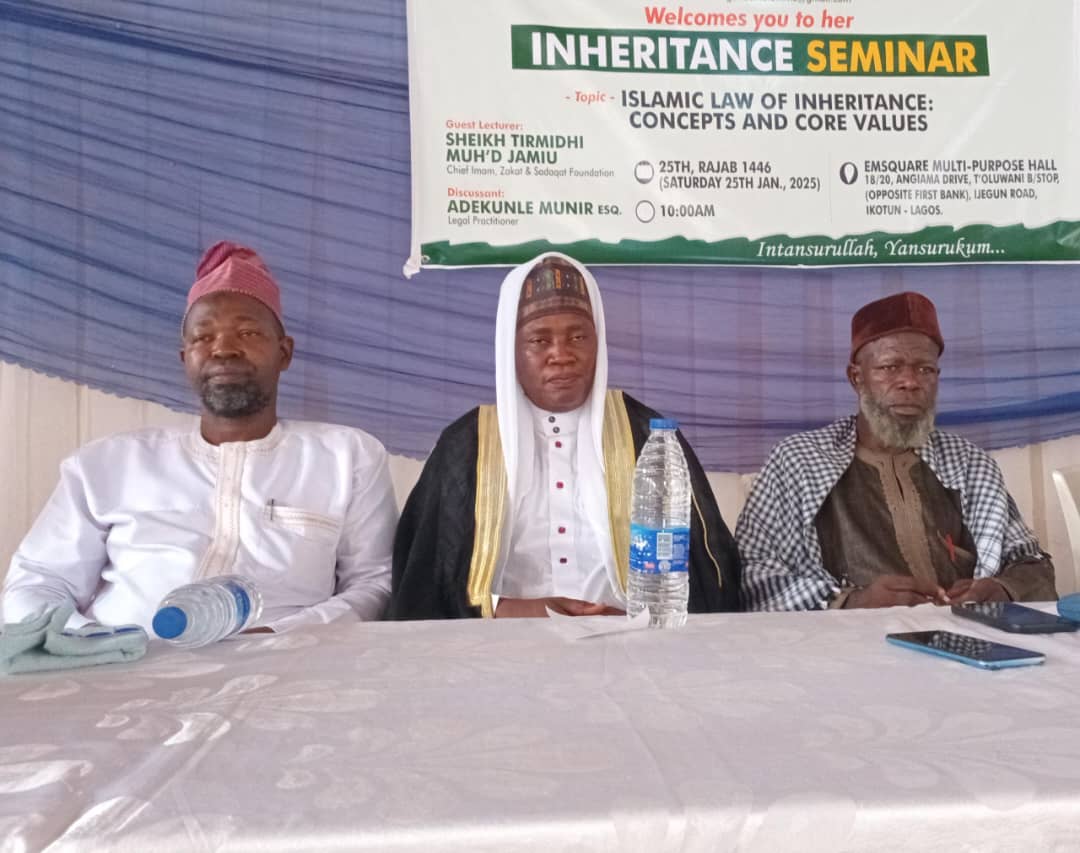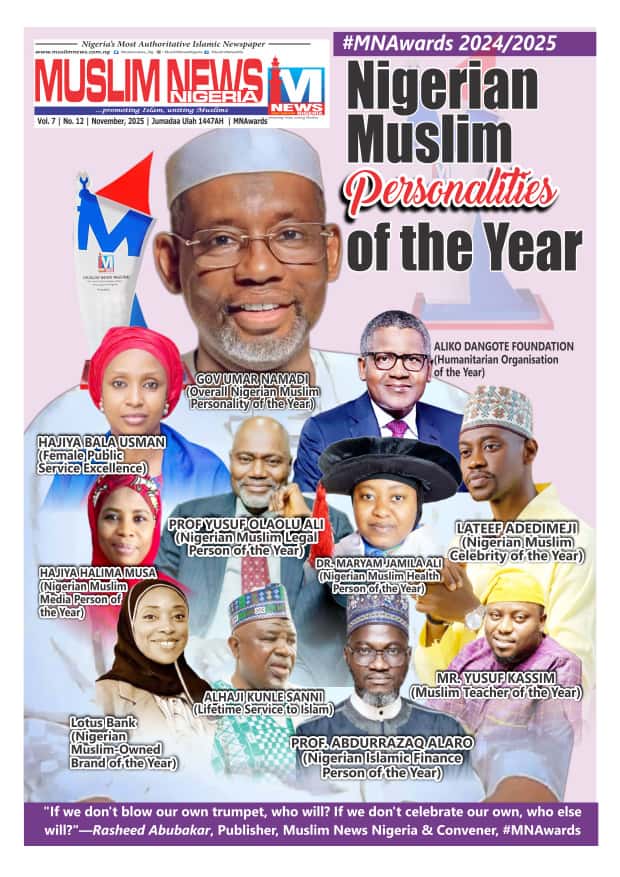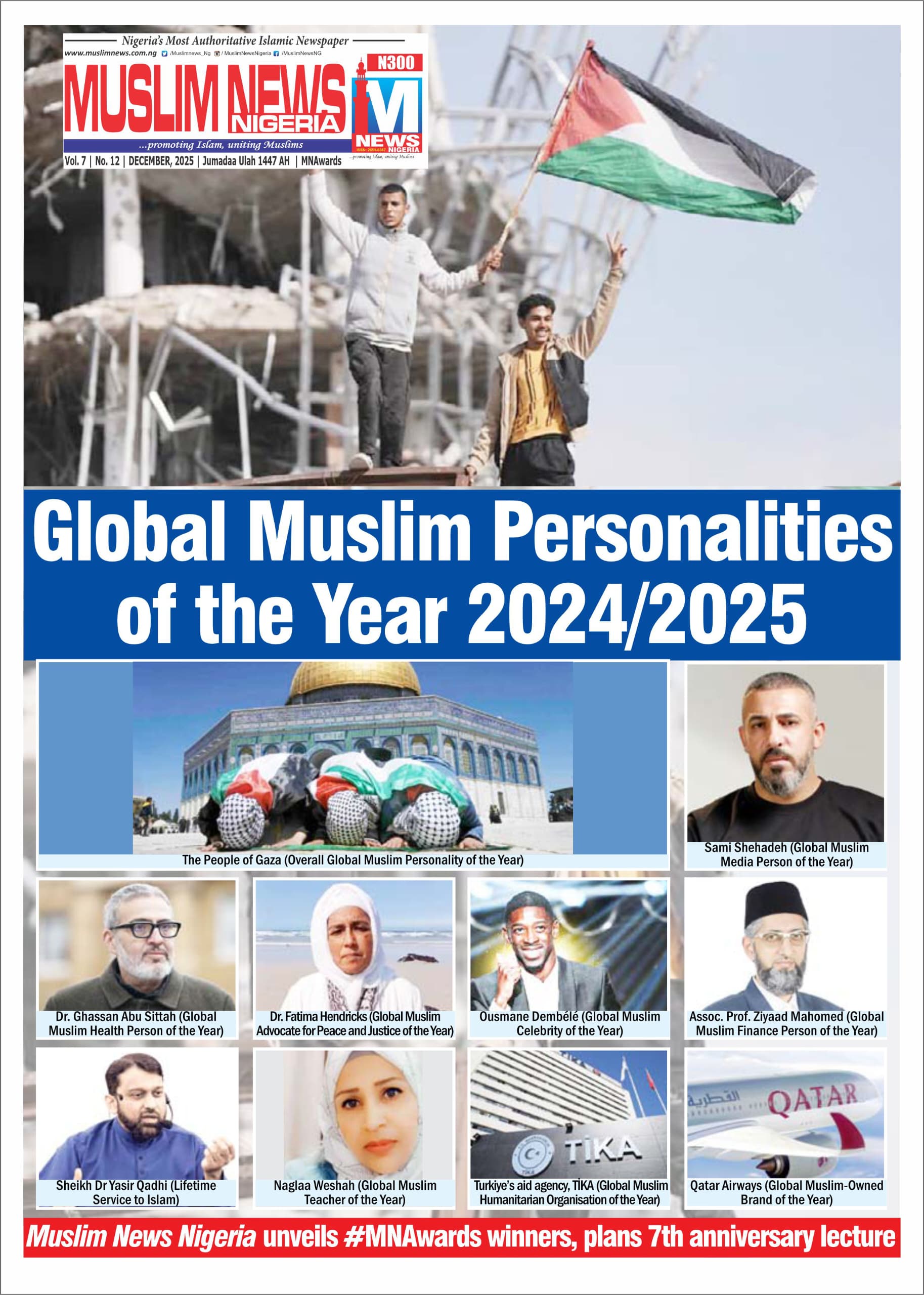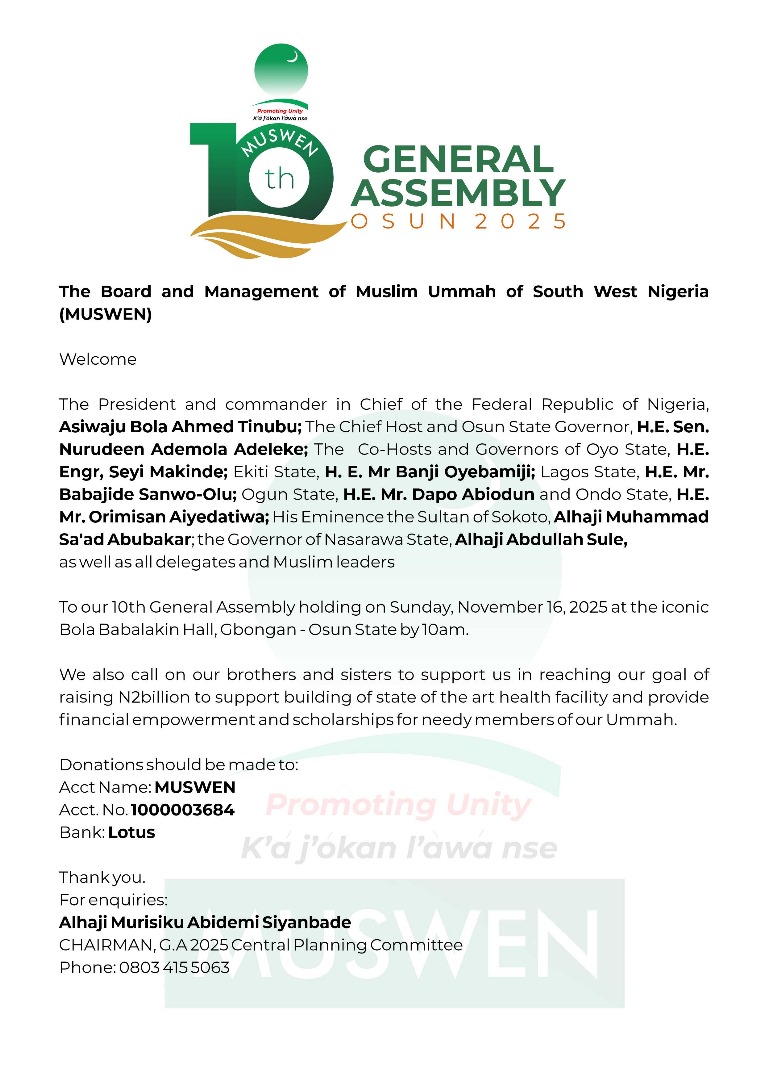The Muslim Congress (TMC), Igando-Ikotun LCDA, has made a significant effort to sensitise Muslims within and outside its jurisdiction on the ideal models of estate distribution in Islam.
TMC planned to archive this by organising a seminar at Emsquare Multipurpose Hall in Ikotun on Saturday, 25th January 2025.
Muslim News gathered that the seminar was informed by the pressing need to address the irregularities and anomalies in estate distribution, which majorly affect Muslims and have become a threat to peace and decorum in the society.
The Radif, TMC Igando-Ikotun, Ustadh Sherifdeen Babalola said: “We’ve seen so many crises and conflicts stemming out of inheritance and estate distribution. Unfortunately, many of the cases affect Muslims majorly. You would agree with me if you’re very conversant with programmes aired on radio and TV on matters of inheritance.
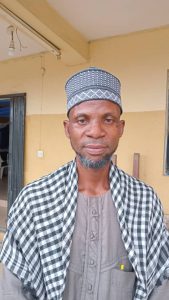
Radif
“Muslims fight, threaten, and even kill themselves over a matter on which Islam has already proffered a resolute solution. That’s why TMC Igando-Ikotun felt a dire need to enlighten the populace on the writing of Wasayah, otherwise known as Will and the distribution of the property of the deceased.”
He disclosed that so much effort, planning, and deliberations were made to ensure that the programme was a success.
“The amount of energy and effort put into the organisation of this programme cannot be measured. People have been working round the clock to ensure that this programme fulfils its purpose. We’ve been on it for over six months.”
Guest Lecturer at the event, Sheikh Jamiu Tirmidhi, Chairman, Shari’ah Committee of Experts for Zakat and Sadaqah Foundation raised a concern on the much deliberated Tax Reform Bill and its interference with the distribution of estate and inheritance.

“Islam upholds that Muslims resolve every matter with legal and Islamically acceptable approaches. So, if a constitutional dictate is unacceptable in Islam, it is bound to elicit reactions from Muslims.
“Talking about the Tax Reforms Bill, it takes a very high percentage of the property left behind by the deceased as tax for the government, leaving a smaller percentage for the true heirs. This is absolutely unfair.
“Muslims will not embrace it and that’s why there’s so much reaction from the north.”
He, therefore, urged the policymakers to review the bill and ensure that it embraces all.
Sheikh Tirmidhi appreciated the government and policymakers for working around the clock to better the living conditions of Nigerians.
He said: “Alhamdulillah! We thank Allah for keeping us together as a people in Nigeria. We also appreciate him for giving us leaders who are working relentlessly for the collective good of the people despite the menacing dynamics and unfriendly situations. They work for the social well-being of the citizenry. May Almighty Allah be with them and grant them success in all of their endeavours. ”
Preparing Wasayah will ensure the security of the property: Adekunle Esq.
The discussant at the seminar, Munir Adekunle Esq., noted that there are many benefits for Muslims in the practice and execution of Islamic law. He observed that preparing one’s Wasayah (Islamic will) will ensure the security of property.

“There are numerous benefits for Muslims in the preparation of Wasayah. A Muslim should prepare his will in the Islamic way and note everything following the Shari’ah. The testator will state all that he has, his beneficiaries, and those who would execute his will after his demise. By doing so, nothing will be lost.”
He added that constitutionally, a Muslim is allowed to decide how his estate will be distributed after his demise.
“According to customary laws, a Muslim can say: “Having led my life as a Muslim, I want my properties to be distributed following Islamic rulings and the dictates of Shari’ah.
He concluded that the practice of estate distribution by Shari’ah might not absolutely eradicate conflicts on inheritance but will lessen the chaos to the barest minimum.
Shari’ah on inheritance will alleviate poverty: Muh’d Awwal
Islamic scholar and Islamic inheritance expert Tajudeen Muh’d Awwal noted that Shari’ah rulings on inheritance will help in alleviating poverty.
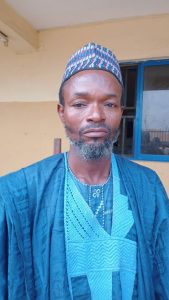
“Estate distribution is one of the legal and Islamically acceptable ways through which one can rid poverty, if well administered. The true heirs will not wallow in poverty after the demise of the deceased.”
He added that zakat should be paid from the estate of the deceased to purify it. “Zakat should also be paid from the property of the deceased to purify it. The beauty is that the zakat paid from inheritance will suffice even if the deceased never paid zakat during his lifetime. ”
Participants laud TMC for initiative
Those who attended the seminar lauded TMC for the initiative. Abdul-Jaleel Abdul-Wasi said: “The programme is a very good one. The issue has been causing great commotion, and this was really necessary. May Allah continue to bless and strengthen the organisers”
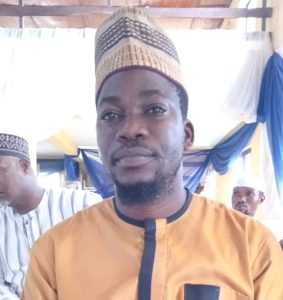
Hajia Kafilat Kilani disclosed that she has had personal experience on the matter and will leverage the knowledge gained to her advantage.
“I can relate to some of the stories shared because I’ve had personal experiences lately. The seminar came in very handy. I’ll personally make use of all I’ve learnt here to resolve the issues at hand. May Allah SWT bless the organisers.


